High Prices Are Changing Our Coffee-Drinking Habits
It's the Coffee News Roundup: Week Ending December 19th

Summer has well and truly hit Michigan.
It has hit with a vengeance, which means I will be too hot and very tired for the next three months.
Excellent. I love summer.
On the plus side, three months of iced coffee.
Leaders from the world’s two largest Arabica coffee producers met in advance of next month’s World Coffee Producers forum in order to address the ongoing, calamitous coffee price crisis.
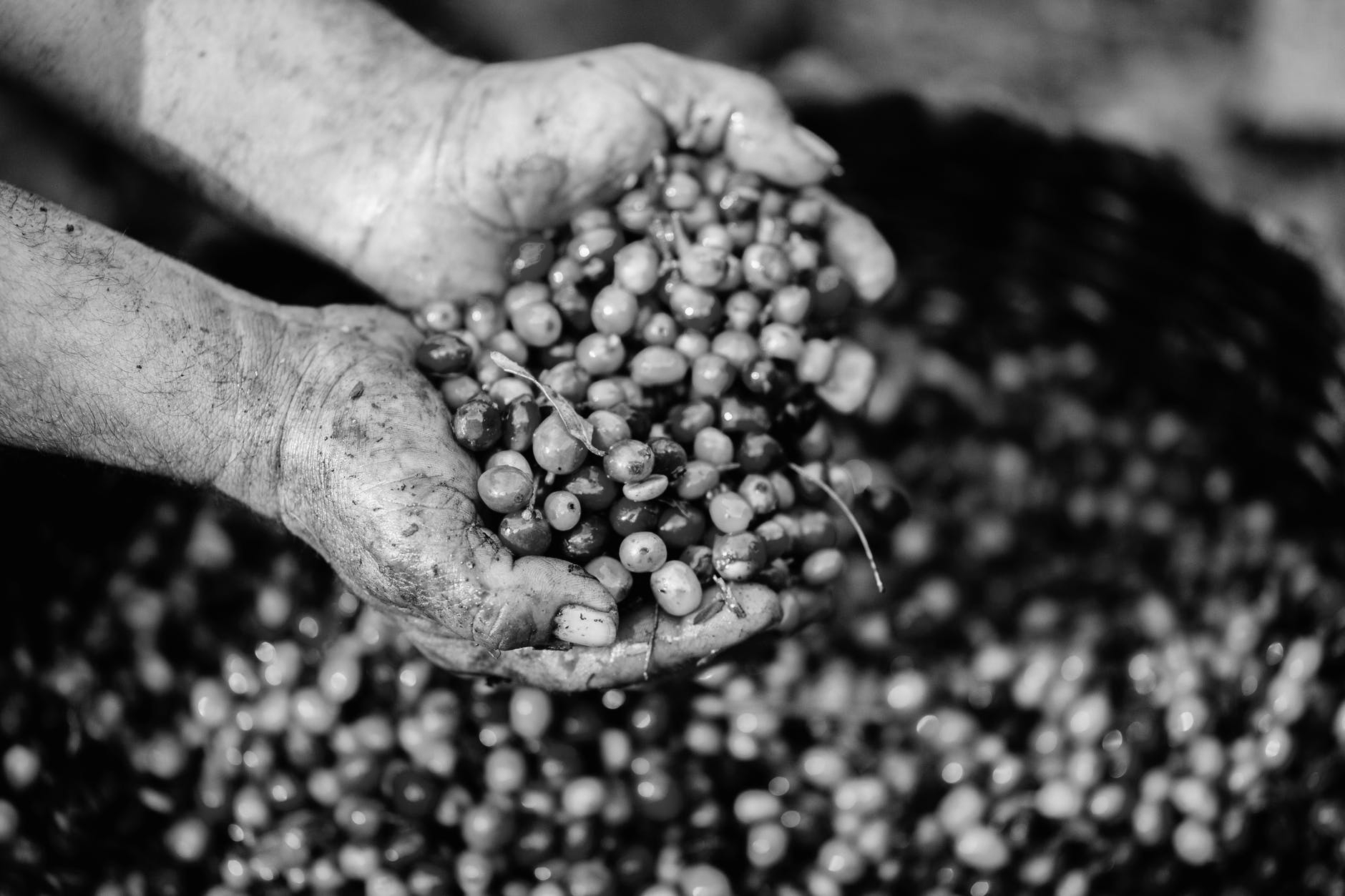
The meeting took place in Brasilia, at the headquarters of Brazil’s agricultural ministry, with the ultimate goal of addressing the underlying mechanisms of the C price and encouraging potential government regulation in the coffee market.
“The time has come to take the lead globally. We need to find solutions fast before thousands of coffee growers go out of business around the world,” said José Marcos Magalhães, president of the Brazilian grower cooperative Minasul. “The longer this crisis drags out, the more producers will quit the coffee business.”
He’s right, you know. In fact, it’s already happening.
Last week, five baristas at the Ballard Street location of Slate Coffee in Seattle quit en masse, leaving letters of resignation on the door of the shop.
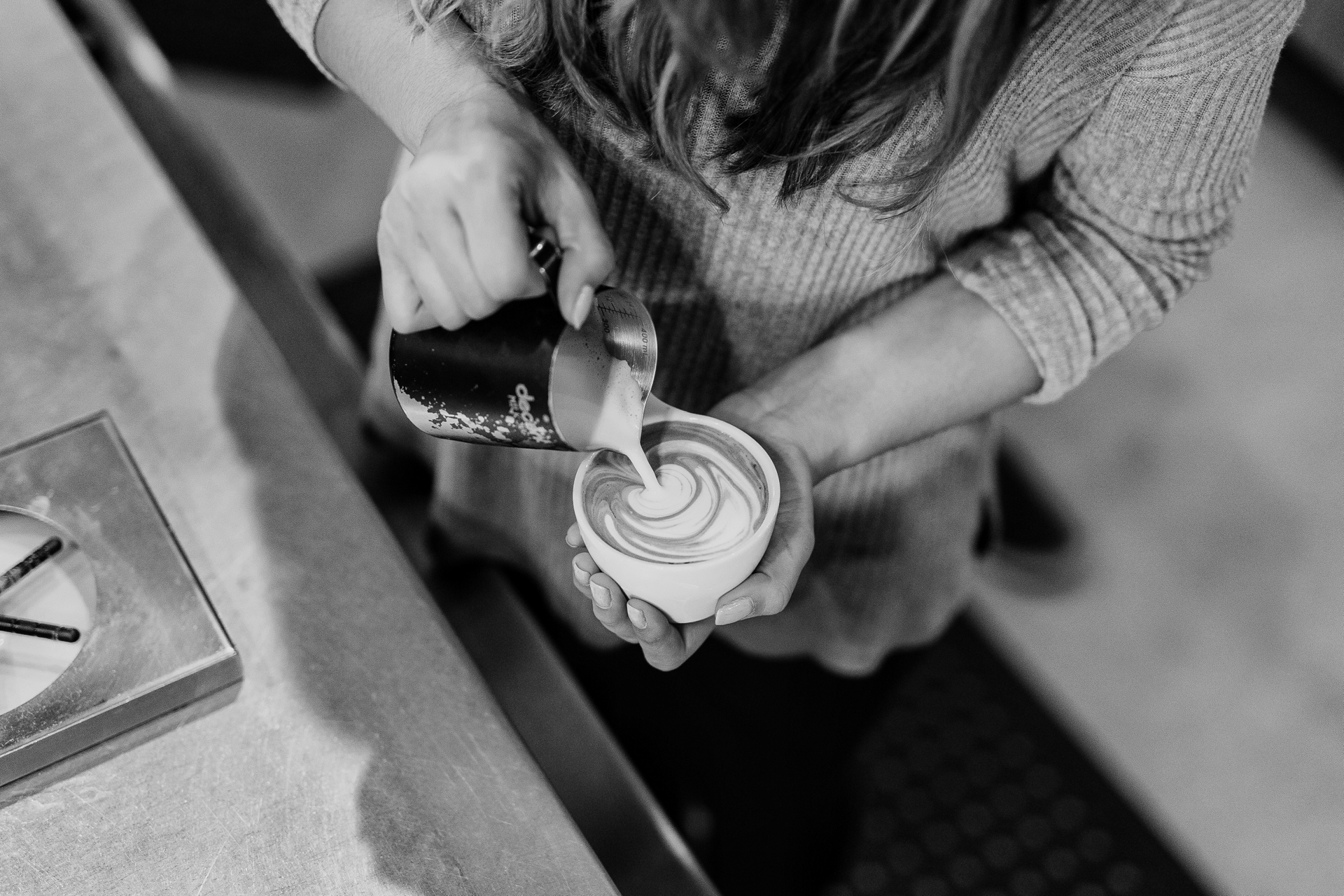
Also included was a letter explaining their reasoning: a “toxic work environment” including “dishonesty, discrimination of many kinds, bullying and intimidation, late and unreceived pay, [and] disingenuous promises.”
It was a bold move, and reflects a growing trend in the coffee industry of baristas and other lower level workers banding together to stand up for their rights.
There have been unionization attempts across the country, alongside more readiness on the part of current and former industry pros to call out the sometimes appalling conduct of upper level management in the coffee world.
The Instagram account @coffeeatlarge, started in the wake of the Slate walkout, has amassed nearly 7,000 followers in under a week. It is worth a look if you’re interested in the stories of the people who make you coffee and, across the board, are underpaid and overworked.
Look, just name the damn company in the title you click-baity cowards.
It’s Tim Hortons.
This happened in Birmingham, England, and of course the company pushed back and said it was a miscommunication and that “there is no company policy to discriminate against anybody at Tim Hortons."
Which, sure. But it still happened.
And maybe this is just one branch, and maybe it was just one bad manager (“just one bad apple” is always the excuse) and yes, Tim Hortons is a chain blah blah but there’s still a level of decency and compassion missing from a refusal to sell food to someone just because it will be given to a homeless person.
Nothing particularly new this week, but I did stumble across this press release from early June wherein Keurig Dr Pepper “announced unified Corporate Responsibility (CR) commitments to deliver positive impact, less than one year following the merger of Keurig Green Mountain and Dr Pepper Snapple Group.”
That’s so many different brand names.
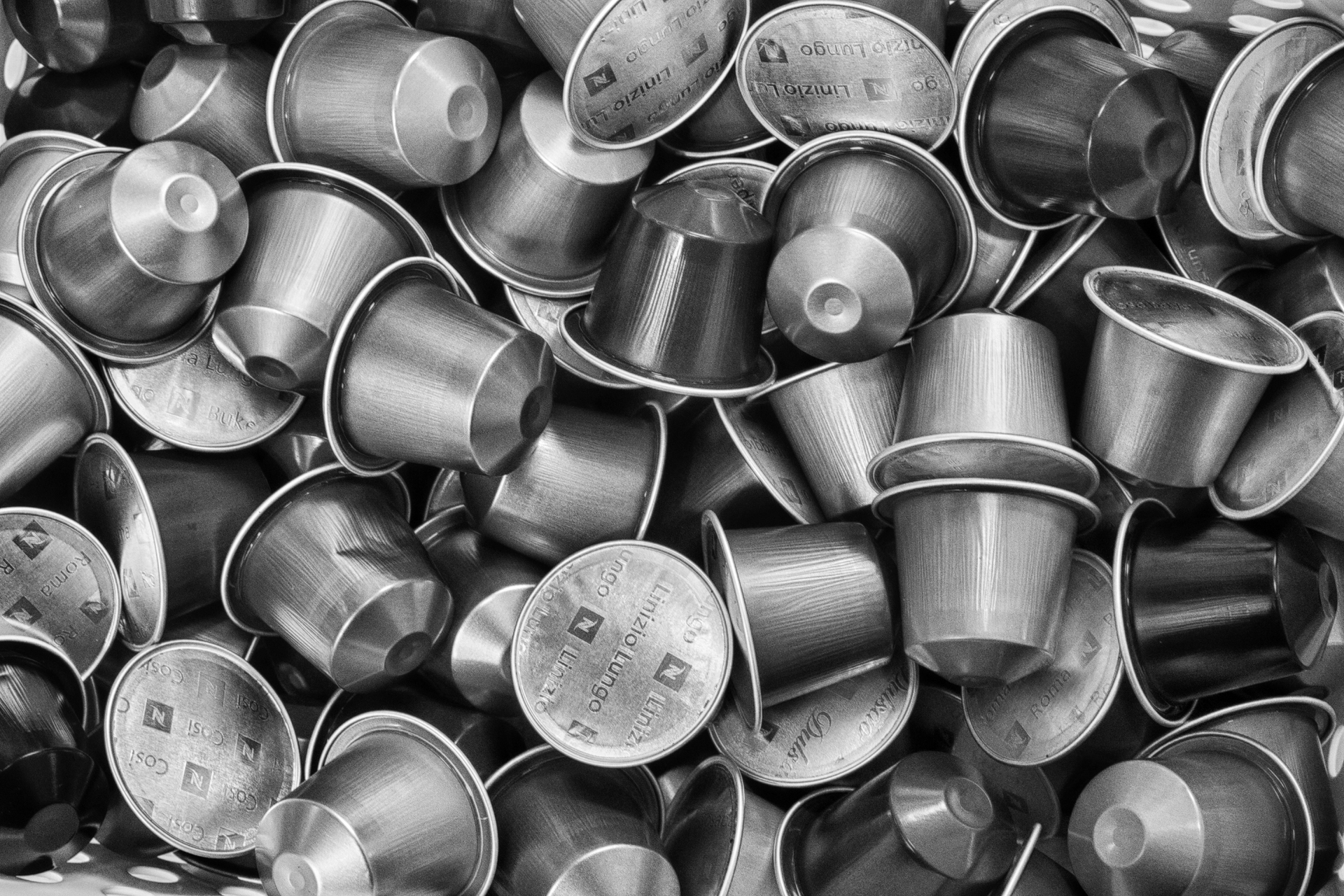
But the important thing here is that Keurig Dr Pepper is owned by JAB Holdings (remember them? They’re the company with the admitted Nazi past that now owns much of the coffee industry) and is or has been partnering with World Coffee Research (WCR).
WCR are even quoted in the press release: "We are forever grateful to Keurig Dr Pepper. Having a leader in the coffee industry recognize that a long-term sustainable future for coffee depends on agricultural research blazed a trail for the rest of the coffee industry to follow," said Tim Schilling, Founder, World Coffee Research. "The result is an amazing collaboration to create a nonprofit, global coffee research center that will hopefully change the future of coffee."
What does this mean?
Probably nothing. Big companies fund non-profits for many different reasons, and maybe they actually want to make a difference and help coffee producers. Maybe their contributions to WCR will help save our favorite beverage from extinction.
But at the same time, Keurig Dr Pepper is an enormous conglomerate (all those brands!) and enormous conglomerates are not stewards of the environment. They’re beholden to shareholders, and are polluters by their very nature, whether it be plastic or emissions or chemicals. That’s just how it is.
We should know who is funding the non-profits in our industry, and hold them to account.
Apparently it can help you lose weight, according to a new study published in Nature and reported on by CNN.
According to CNN, “researchers at the University of Nottingham said that coffee may help stimulate our brown fat reserves, also known as brown adipose tissue, which play a key role in how quickly we can burn calories.”
Brown fat cells generate heat by burning sugar and fat and thus help with weight loss as well as blood sugar control.
The researchers found that coffee could stimulate these cells, although—and this is important—they’re not sure why.
The research co-director, professor Michael Symonds, said, "From our previous work, we knew that brown fat is mainly located in the neck region, so we were able to image someone straight after they had a drink to see if the brown fat got hotter.”
Oh, and the number of participants in this study? Nine. Nine people.
Keep it up, science.
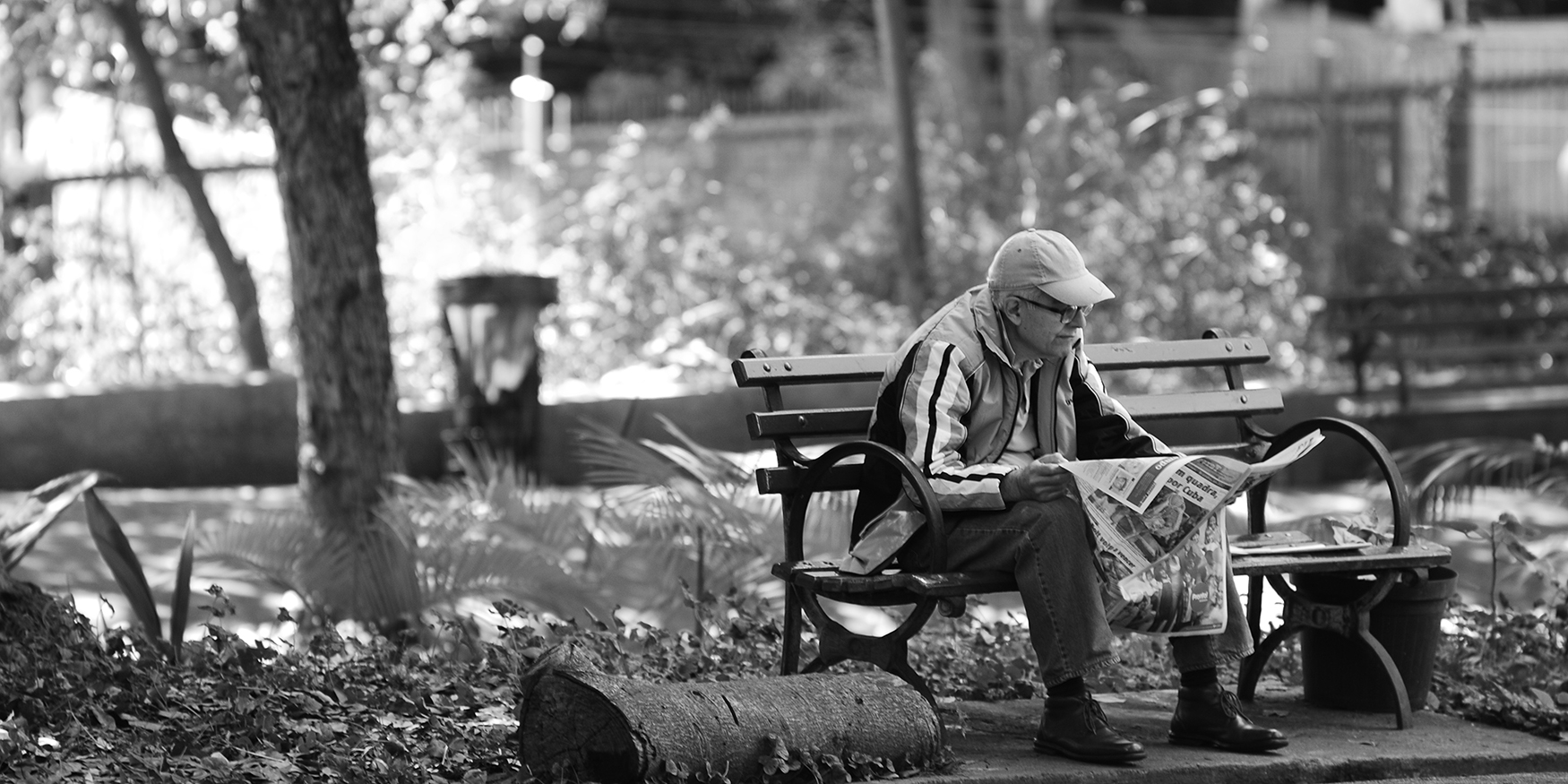
A Brief History Of Not Buying Coffee As Financial Advice by Zac Cadwalader
‘There’s No Money In Coffee Any More’: Guatemalans Driven To Us Migration by Kevin Sieff
Until next week, drink good coffee.
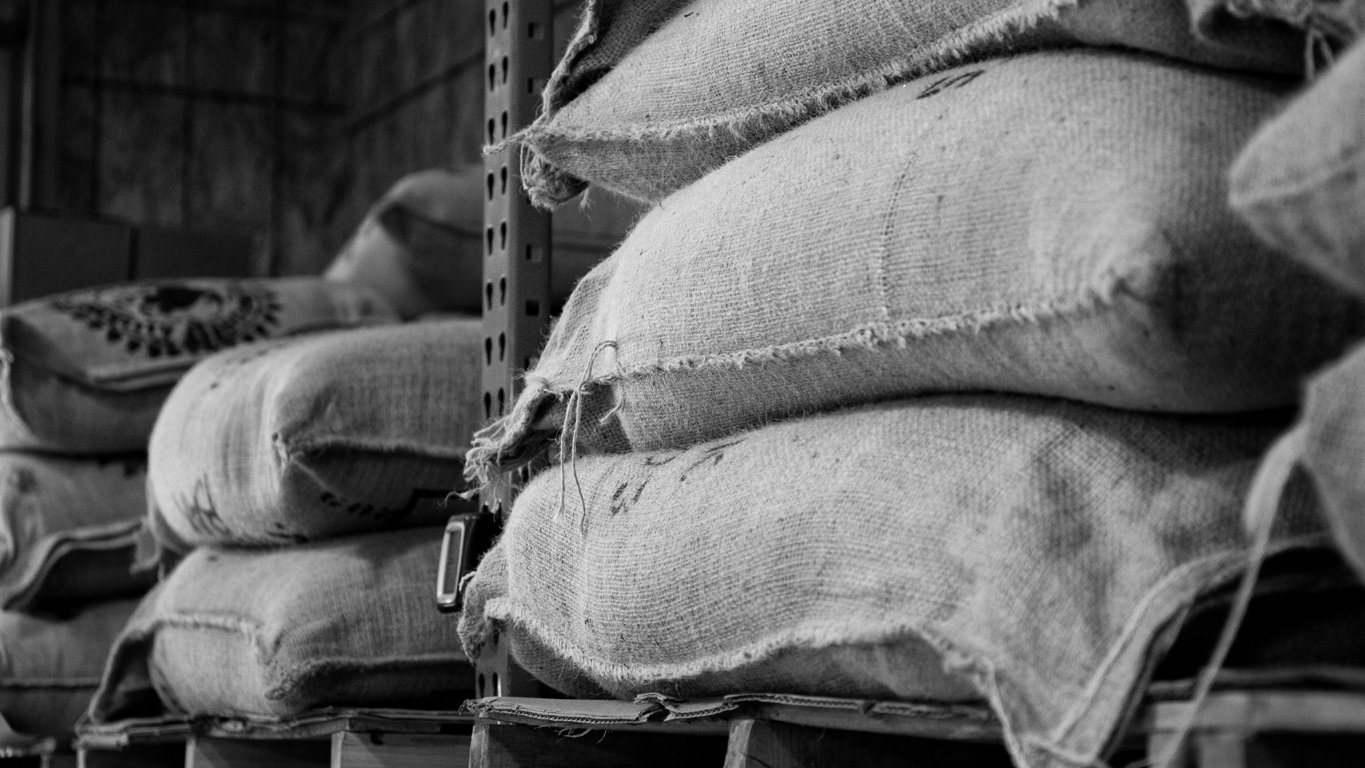
Nov 24, 2023 Connecting the Dots: Inside the 2023 Coffee Barometer Nov 24, 2023 Nov 24, 2023
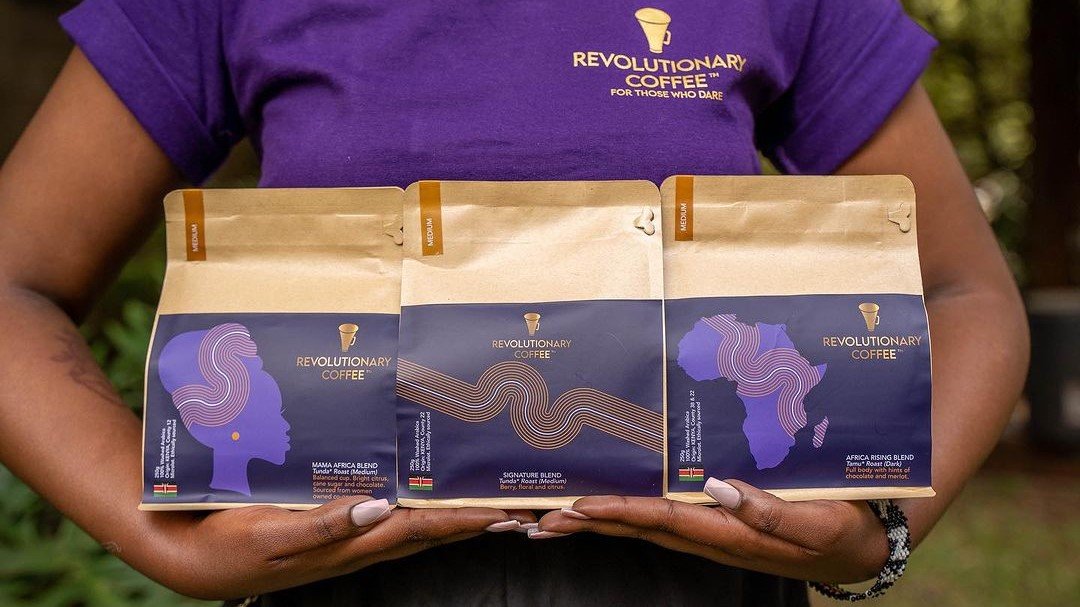
Oct 21, 2023 'Specialty Coffee Should be Enjoyed by Those Who Grow It': The Farmer's Daughter Joining Kenya's Coffee-drinking Revolution Oct 21, 2023 Oct 21, 2023
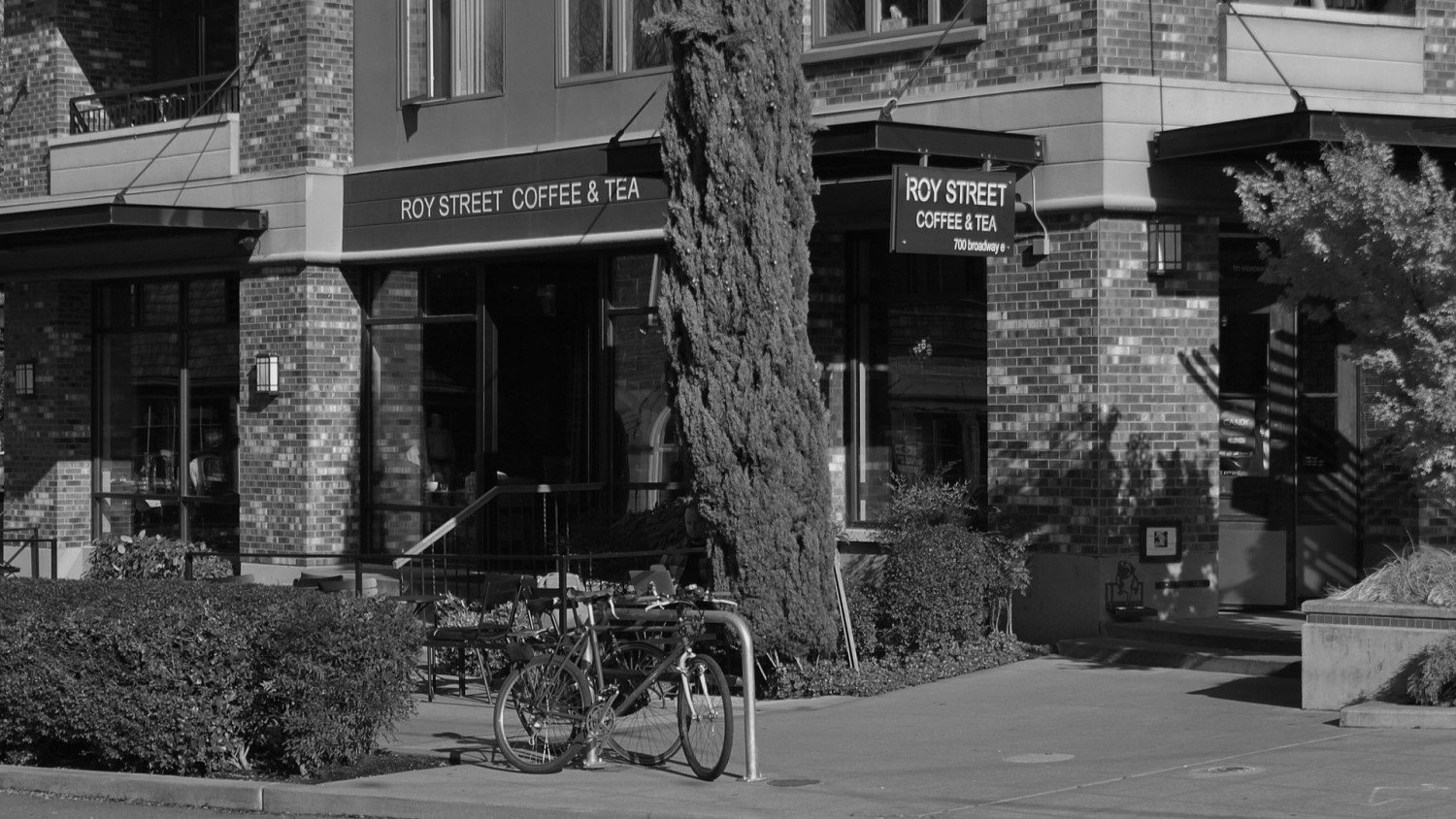
Oct 6, 2023 Stealth Starbucks: A Premonition of Modern Specialty Coffee Oct 6, 2023 Oct 6, 2023
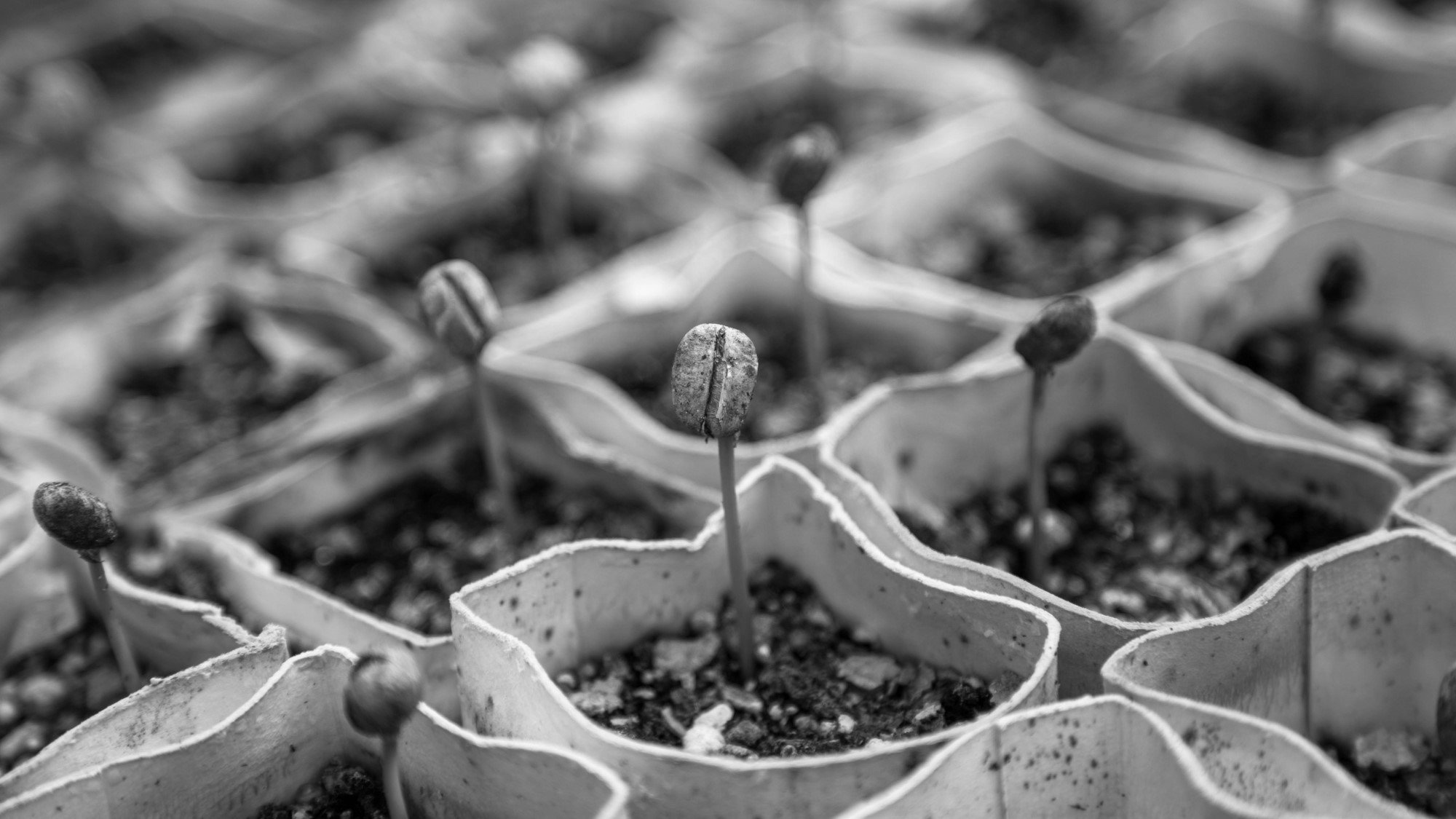
Sep 22, 2023 Can the Coffee Change Fund Save Coffee? Sep 22, 2023 Sep 22, 2023
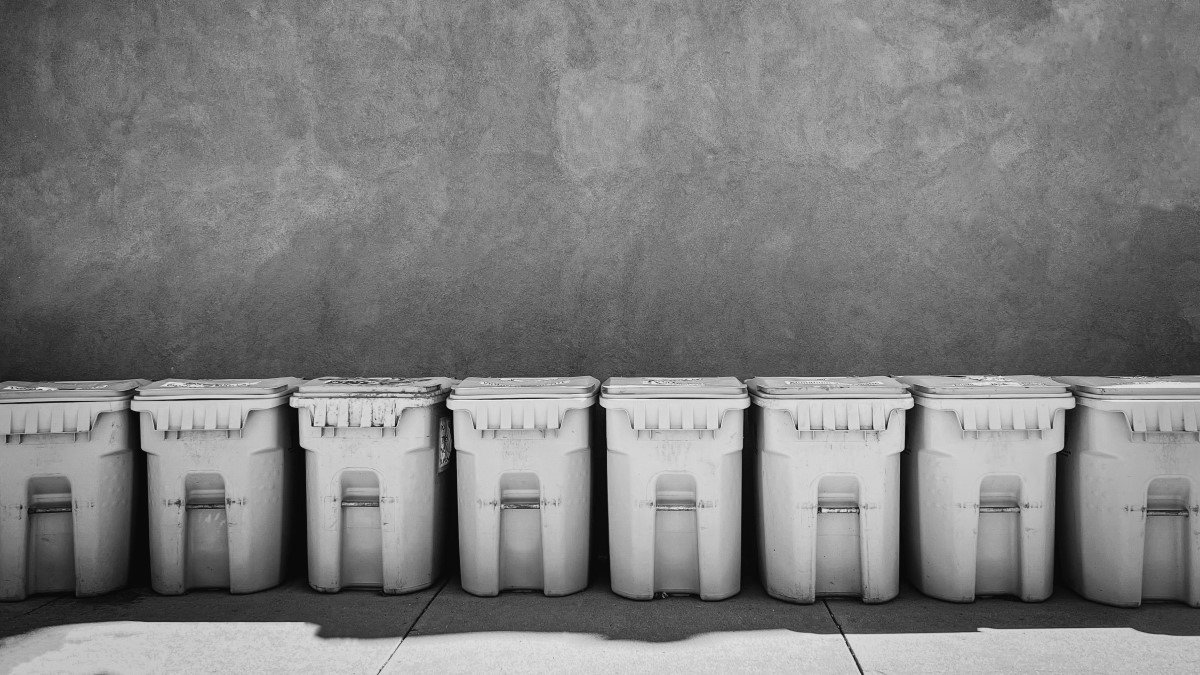
Sep 8, 2023 Upcycled Coffeewashing Sep 8, 2023 Sep 8, 2023
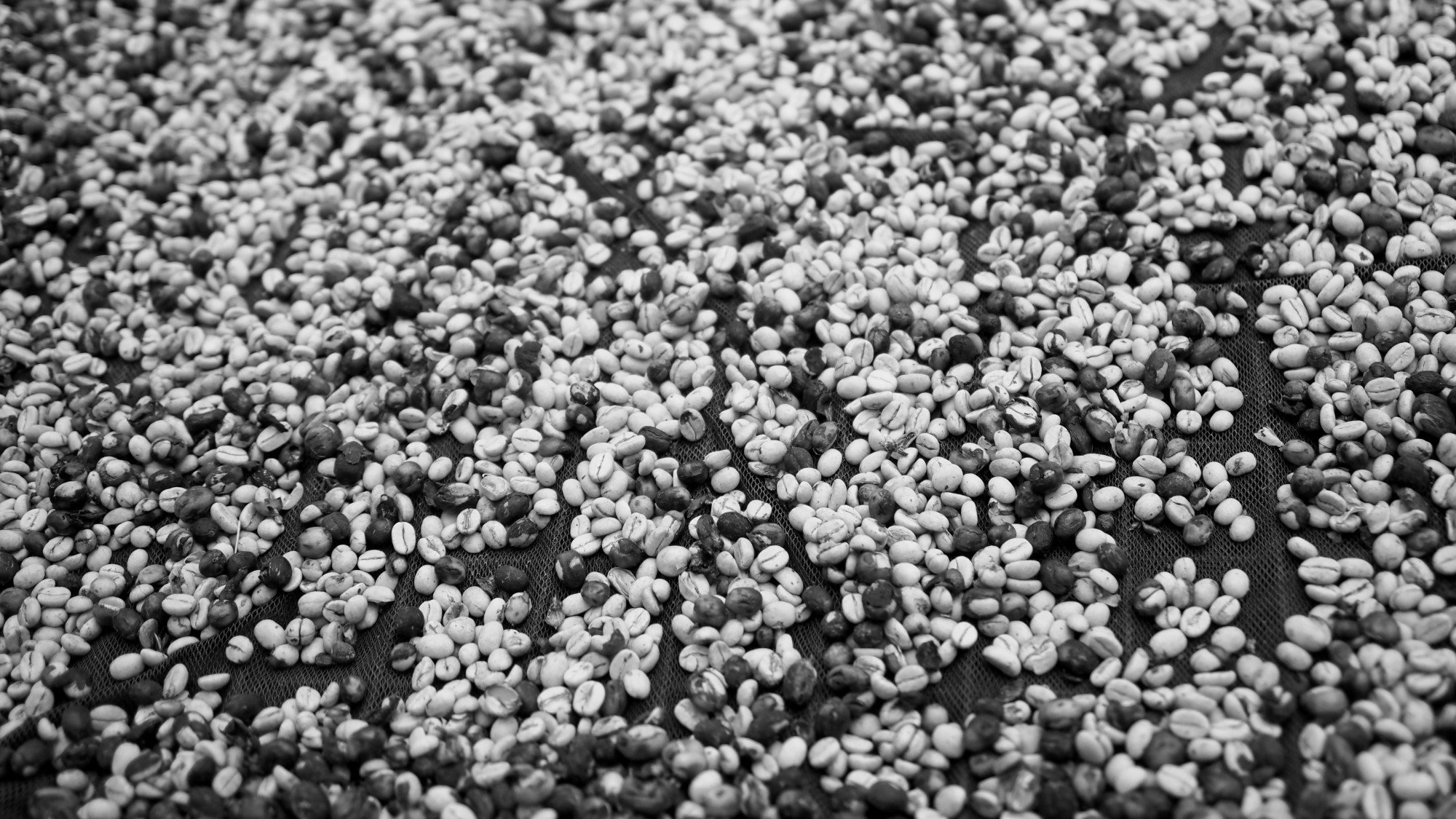
Aug 25, 2023 From A Concerned Farmer Aug 25, 2023 Aug 25, 2023

Aug 11, 2023 Philly is a (Coffee) Union Town Aug 11, 2023 Aug 11, 2023

Jul 28, 2023 South Korea's Coffee Wars Jul 28, 2023 Jul 28, 2023
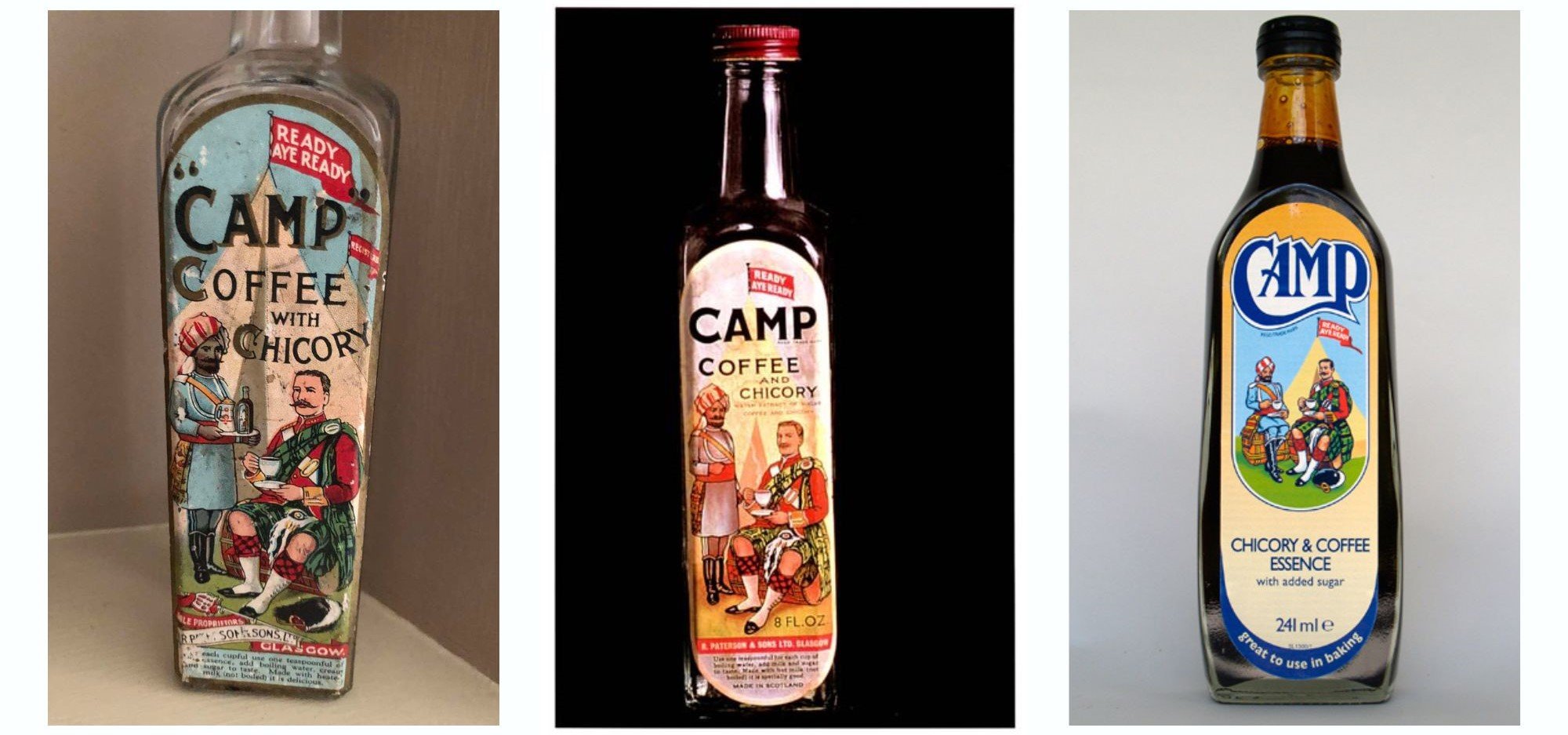
Jul 14, 2023 Camp Coffee, Colonialism, and the Evolution of a Brand Jul 14, 2023 Jul 14, 2023
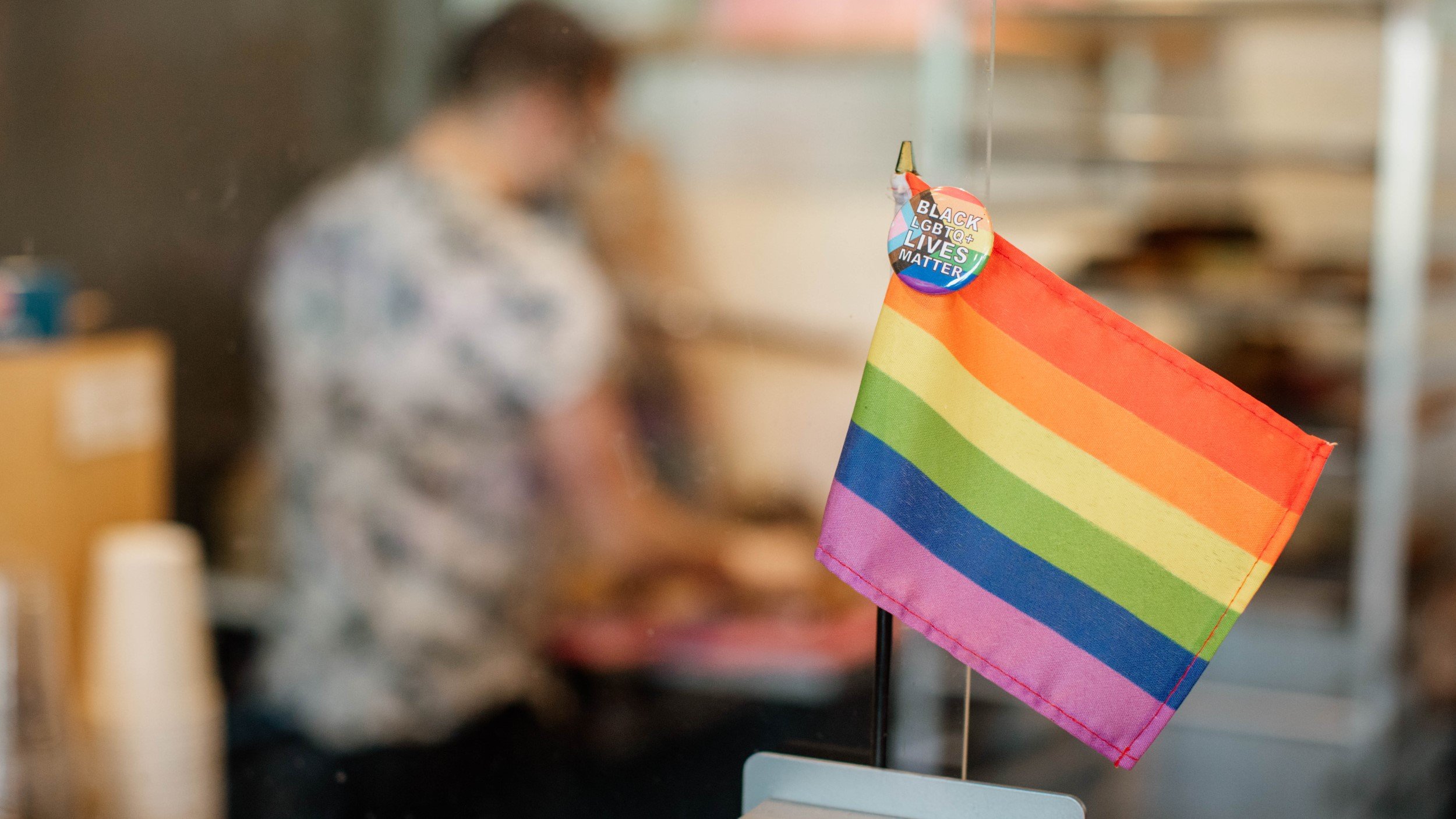
Jun 30, 2023 Defiance and Gay Frog Donuts: How Strange Matter Coffee is Navigating the Anti-LGBTQ+ Backlash Jun 30, 2023 Jun 30, 2023
Sign up for the newsletter and get the latest Pourover article delivered straight to your inbox